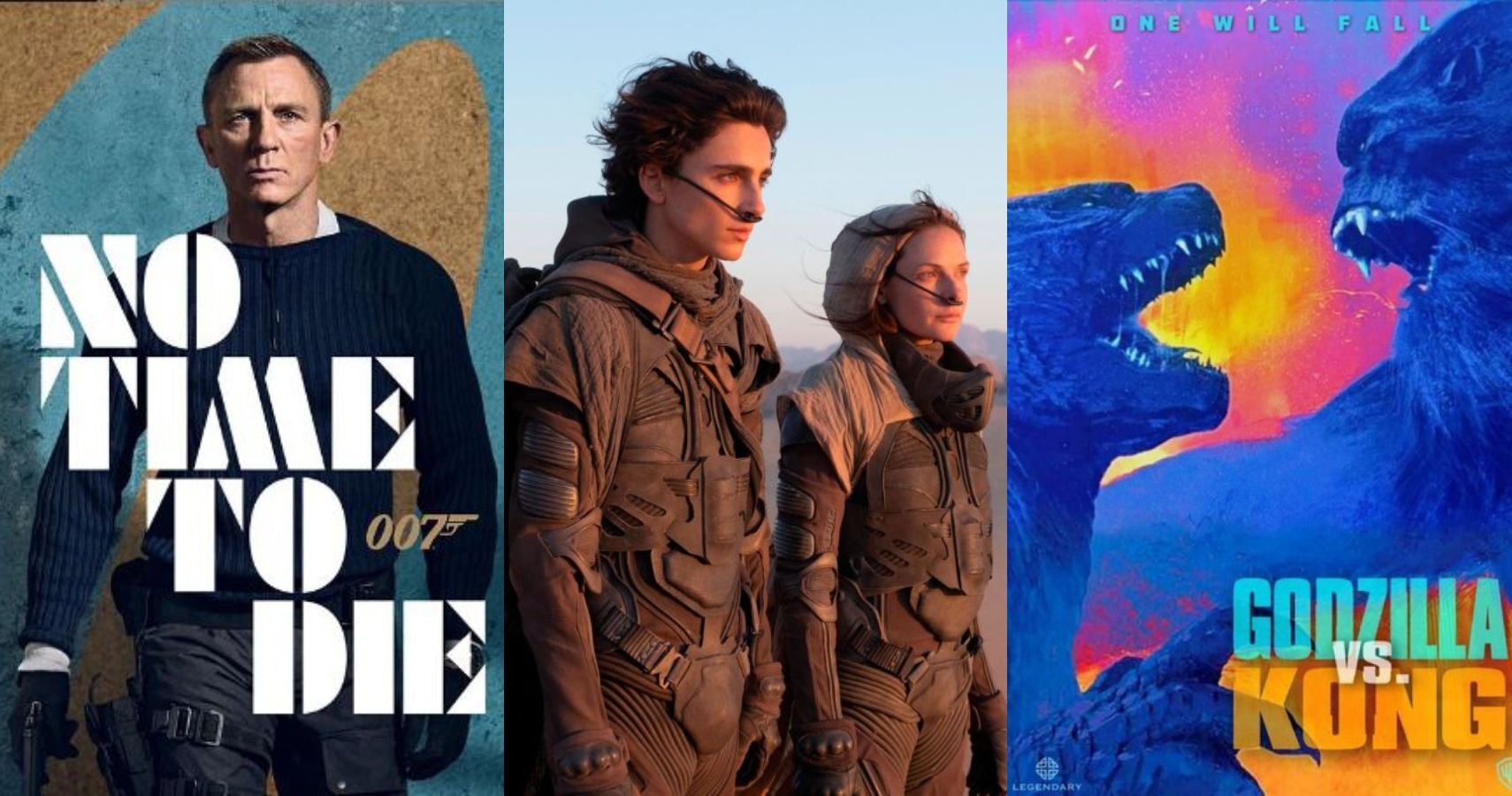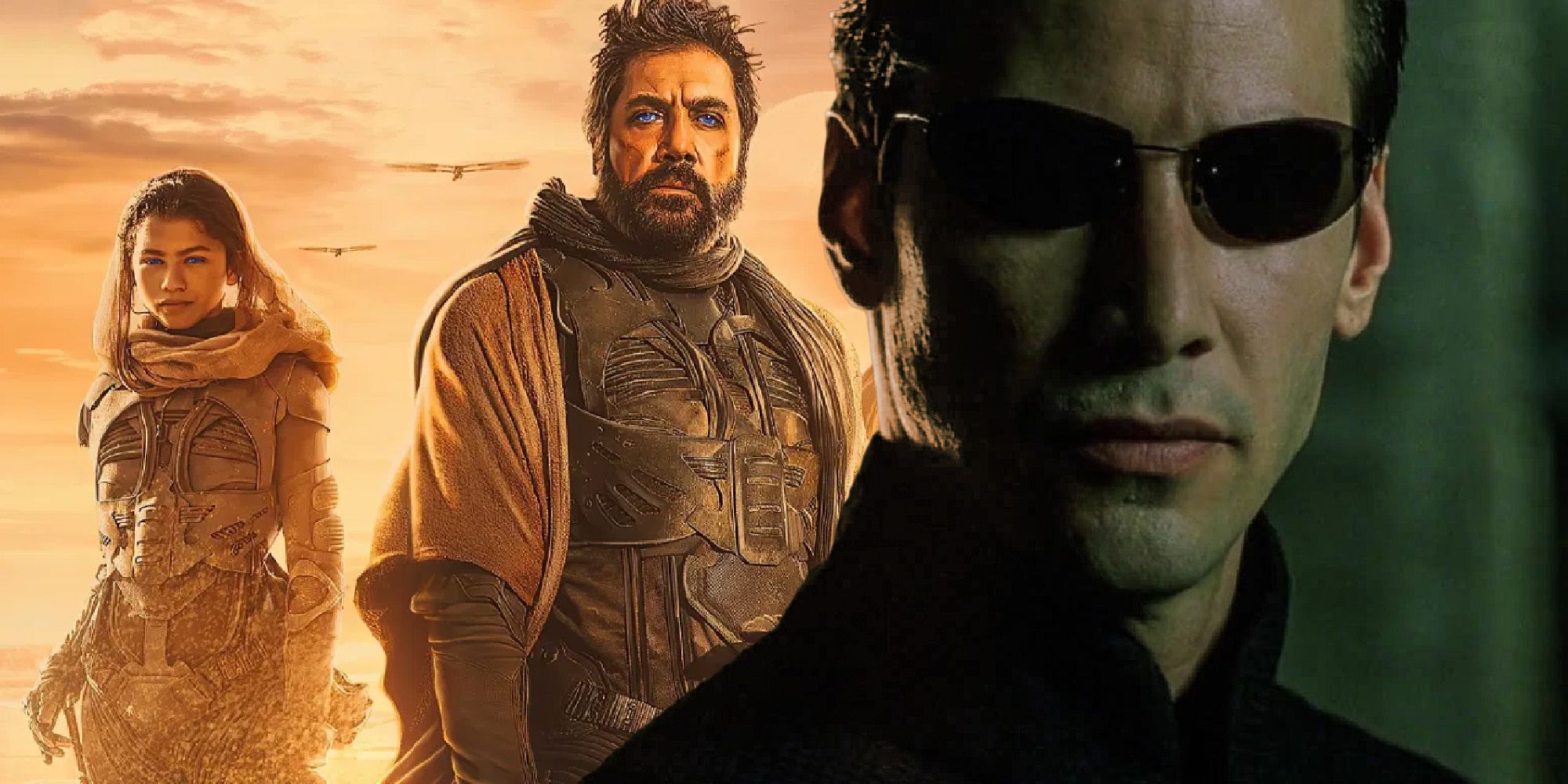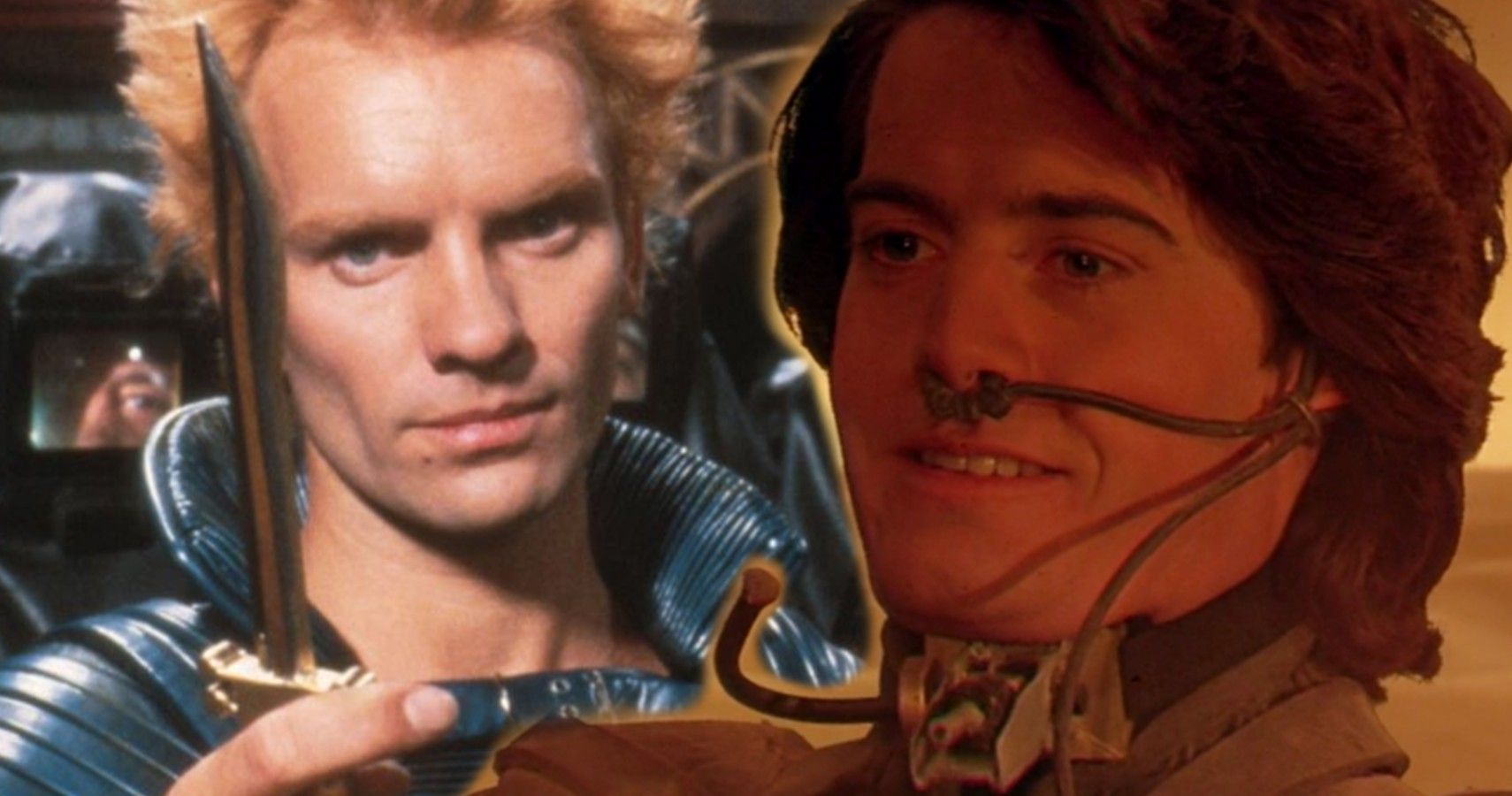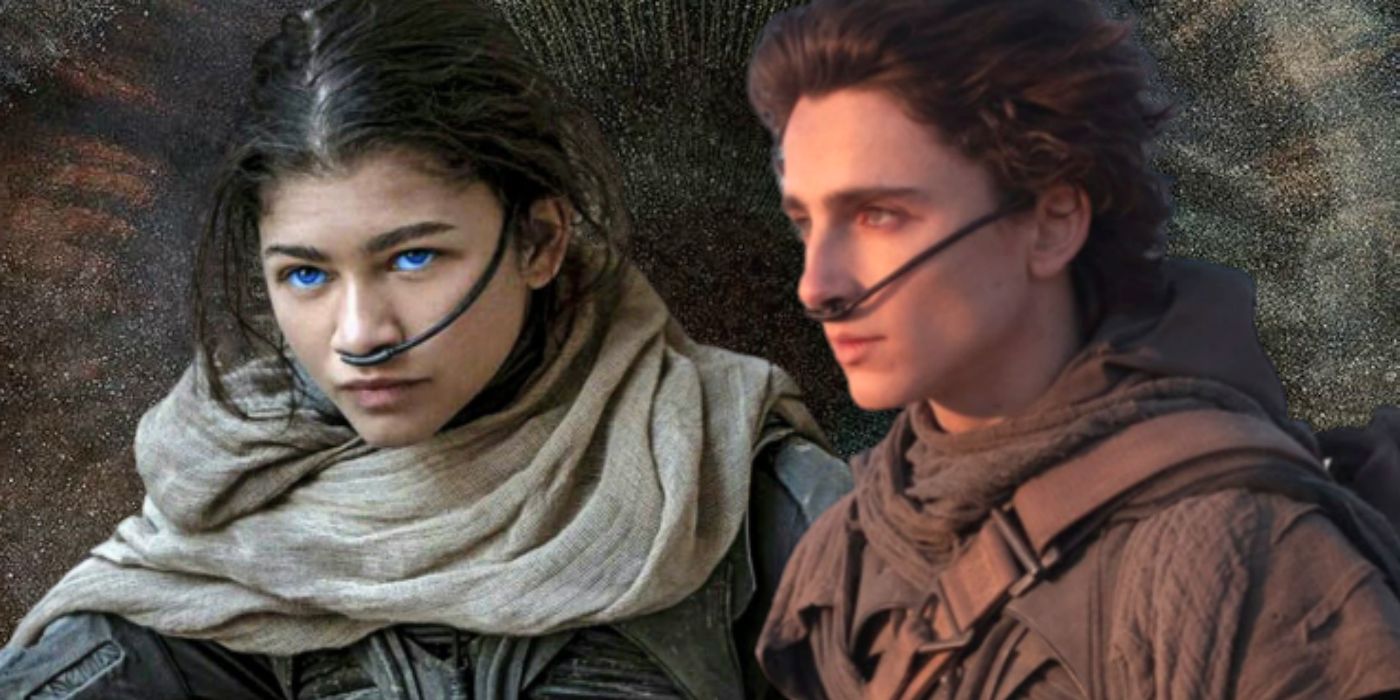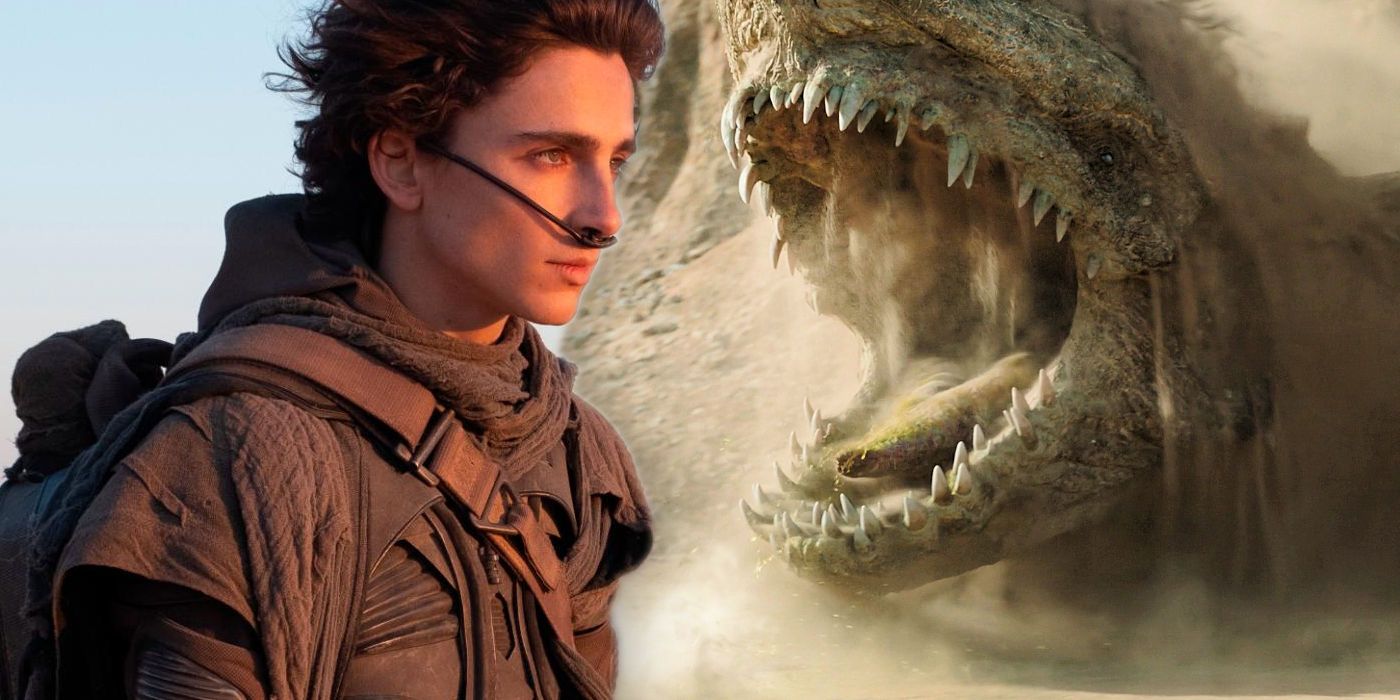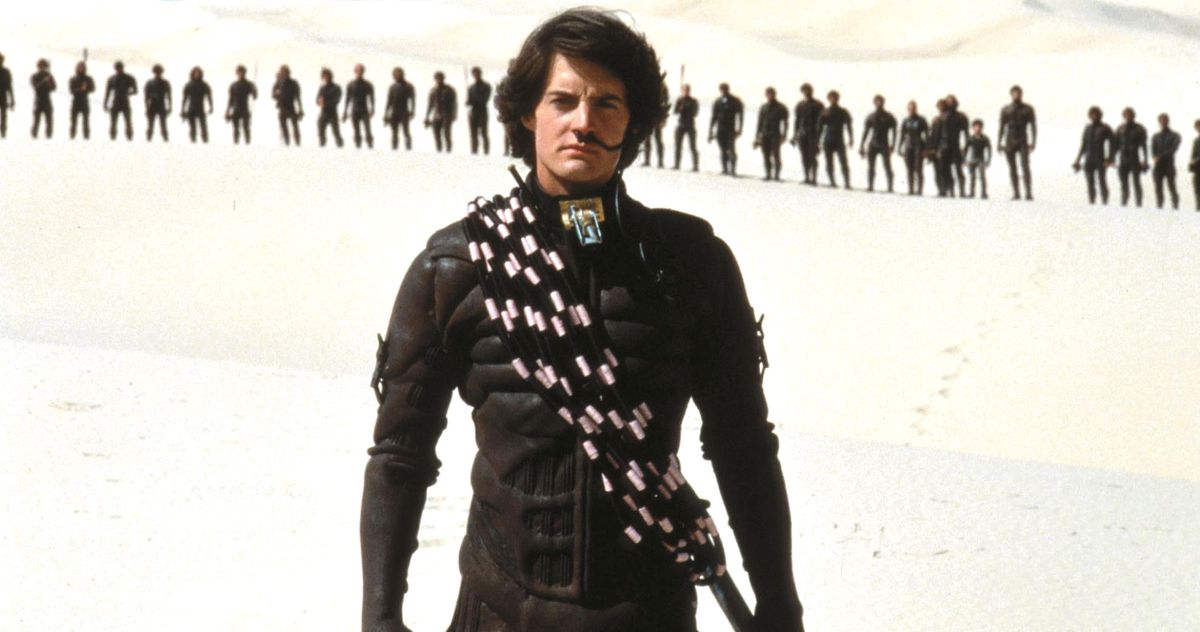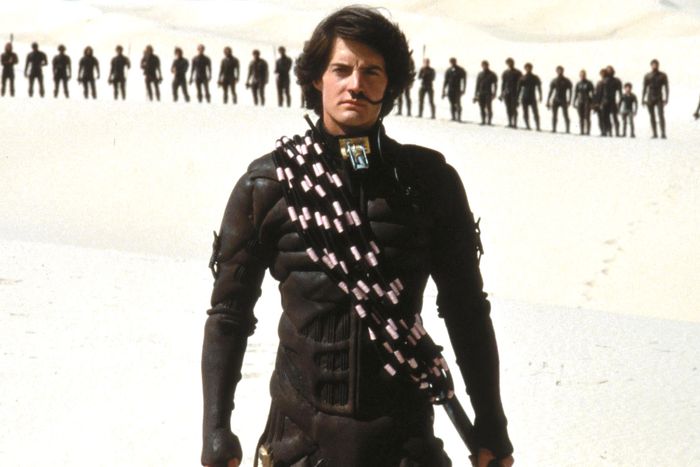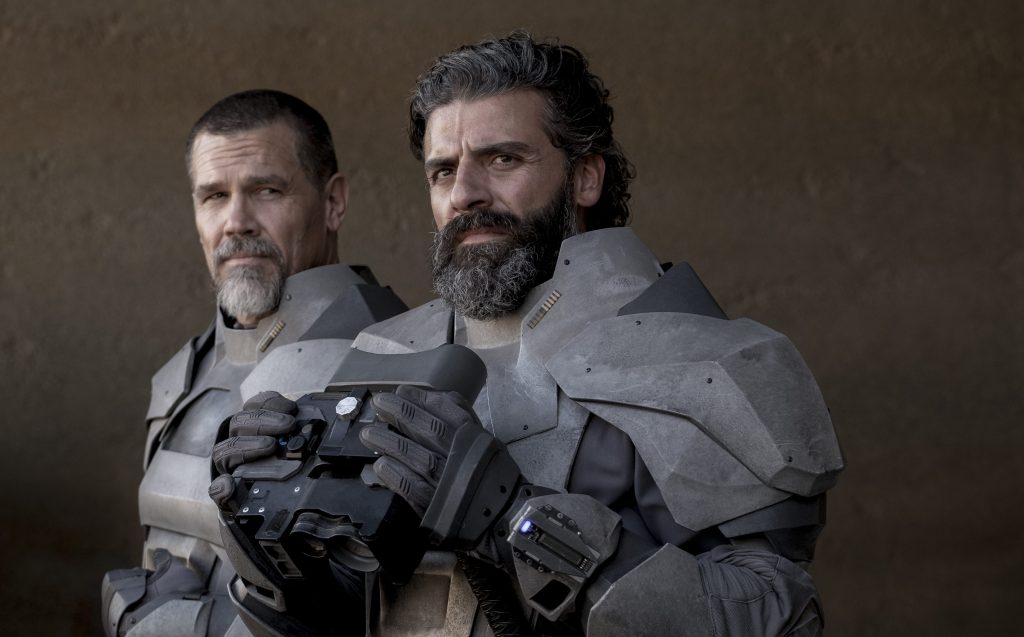“Don’t make a film if it can’t be the film you want to make. It’s a sick joke, and it’ll kill you.”

www.vulture.com
David Lynch’s Dune Is a Beautiful Sci-fi Disaster
By
Jill Krajewski
Kyle MacLachlan in his film debut. Photo: Universal Pictures
Sir Patrick Stewart charging into battle cradling both a wide-eyed pug and a gun should be the subject of absurd fan art, and yet
it’s a real scene from David Lynch’s 1984 adaptation of
Dune. Like the rest of his widely panned take on Frank Herbert’s landmark 1965 sci-fi novel, the sight is a feast of contradicting yet amazing ideas that continues to astound nearly four decades later. Don’t believe the cynicism: Lynch’s great shame remains a great undertaking worth watching, especially as we wait on
Denis Villeneuve’s retelling. Beneath the reportedly $40 million flop and stains of studio interference lies a work that reveals Lynch’s creative ethos, young talent (including a 24-year-old Kyle MacLachlan), and the Herculean task that is
adapting Dune onscreen.
Lynch may have been the first director to bring
Dune to the movies, but he wasn’t the first to try. As chronicled in the documentary
Jodorowsky’s Dune, director Alejandro Jodorowsky made a Hail Mary pass to adapt
Dune into more than ten hours of cinema in the ’70s, but there wasn’t enough studio budget in the world for his lavish ideas. Among them: eyeing Orson Welles, Salvador Dalí, and Mick Jagger for the cast as well as Pink Floyd and Magma for the soundtrack. Between Jodorowsky and Lynch came a little saga called
Star Wars that compelled producers to find the next space blockbuster, and
Dune was ripe for the taking. Producers Dino and Raffaella De Laurentiis eventually tapped Lynch to direct following his eight-time Oscar-nominated film
The Elephant Man in 1980, his second feature-length project after
Eraserhead in 1977, and the rest is Arrakis history.
Lynch summarizes the galactic stakes of
Dune in an opening monologue delivered by a young Virginia Madsen playing Princess Irulan. To recap some, but certainly not all, of the story, we learn that control of the spice melange is crucial for traversing through and effectively ruling the universe, and that it can only be harvested from the desert planet Arrakis, a.k.a. Dune. In the four corners of this match are Arrakis inhabitants the Fremen, the cruel House Harkonnen, the ruling House Corrino, and the dignified House Atreides hoping to take control of Arrakis. Yet within House Atreides lies the young prince Paul, destined to liberate the Fremen and restore peace. He just doesn’t know it yet — but we certainly do thanks to endless narrative wink-wink nudge-nudges.
Still, Lynch’s
Dune has many undersung merits that rise above the cracks. Among its wins is a fantastic debut film performance by MacLachlan as our “Welp, guess I’m the Messiah” hero Paul Atreides. In
Dune, MacLachlan first proves himself as Lynch’s go-to innocent in a cruel world, believably conveying a range of emotions: the immense pressure of duty, wonder over a greater destiny, love for his family, and subsequent loyalty toward the Fremen. As a vessel for the audience’s own bewilderment, MacLachlan is the glue that holds
Dune together, and he went on to ground Lynch’s further masterworks
Blue Velvet and
Twin Peaks. Lynch fans will also be delighted to spot Jack Nance (Henry Spencer in
Eraserhead, among others), Freddie Jones (Bytes in
The Elephant Man and more), Dean Stockwell (Ben in
Blue Velvet), Everett McGill (most notably Ed Hurley in
Twin Peaks), and Alicia Witt (Gersten Hayward in
Twin Peaks) onscreen as well as Lynch’s own cameo as a spice worker on Arrakis.
Even if you’re not a Lynch devotee,
Dune remains an engrossing sci-fi feature. Brian Eno’s “Prophecy Theme” sets the dramatic stage and helps the opening
Dune 101 monologue sink in. Aided by
Lawrence of Arabia cinematographer
Freddie Francis, there are genuinely stunning shots of House Atreides approaching Arrakis, the desert-planet landscape, the Fremen charging across its sands, and our concluding view of capital city Arrakeen surrounded by victorious Fremen. Sets are opulent and rich with detail, including the ruling emperor Shaddam IV’s (José Ferrer) throne room with gold-pipe organlike features adorning the walls. At their best, special effects, such as Harkonnens’ bombing House Atreides, alight both the planet’s night sky and the audience’s imagination.
Dune’s practical and creature effects are also impressive for its time, including the brainlike Guild Navigator with slow blinks that unnerve. And as promised, Stewart’s Gurney Halleck plays a charming ally to both Paul Atreides and a royal battle pug.
Time has turned many of
Dune’s stylistic flaws into thoroughly entertaining space camp as well. It’s enough to forgive choices like our beloved space pug, absent from Herbert’s novel, joining the mix. Surprisingly, Toto’s score succeeds overall and amuses in moments when their wailing guitars feel more ’80s prom than battle charge. Paul Atreides successfully commanding a sandworm as Toto let it rip to signify his heightened power is incredible to behold. Speaking of rock stars, Sting as a carrottopped Feyd-Rautha Harkonnen is hilariously impossible to divorce from his Tantric front-man persona, especially when he’s glistening with sweat wearing only
That Codpiece. It’s likewise a riot to see the supposedly menacing Baron Vladimir Harkonnen, played by Kenneth McMillan, continually undone by “flying” that has aged as well as a grade-school production of
Peter Pan. Perhaps
Dune’s greatest practical effect is how MacLachlan’s ’80s-college-bro orb of hair remains intact the entire movie.
Dune’s failings are most evident in Lynch not having final cut, forcing him to whittle down a three-plus-hour runtime closer to two hours to appease
Universal and producers. Characters give overrepetitive internal monologues that shoehorn in what we’ve just witnessed, most notably Paul Atreides & Co. coming to realize that he is the Kwisatz Haderach, or superior being of the universe. It is most egregious in the third act when the narration fast-forwards through Paul falling in love with Fremen warrior Chani (Sean Young); Paul’s sister, Alia (Witt’s debut role), being born with a convenient set of powers; the Fremen bringing spice production to a halt; and Paul becoming the hand of God. Phew! It’s also a shame to watch Lynch’s special-effects budget run out in real time, leaving viewers with ridiculous 2-D spaceships, cartoonish defense and combat shields that look more yawn than
Tron, and a B-movie attack on a sandworm by the movie’s end.
Despite these compromises for the suits, Lynch’s imprint remains on
Dune through unnerving dream sequences, layered images that confound our sense of time and reality, and flashes of the hyperreal, such as a fetus in the womb so vivid it’s grotesque.
Dune’s imprint likewise remains on Lynch through his present and steadfast desire for creative control, from requesting final cut on his 1986 follow-up,
Blue Velvet, to briefly walking away from
Twin Peaks: The Return in 2015 due to budget disputes. “That’s the big lesson,”
Lynch later reflected. “Don’t make a film if it can’t be the film you want to make. It’s a sick joke, and it’ll kill you.” We can only hope that Villeneuve incorporated Lynch’s lessons into his forthcoming adaptation, and
its grandiose trailer is certainly promising. Even with all its disasters, from pacing to Sting, Lynch’s 1984 journey to Dune remains an absorbing and enlightening spectacle of potential.
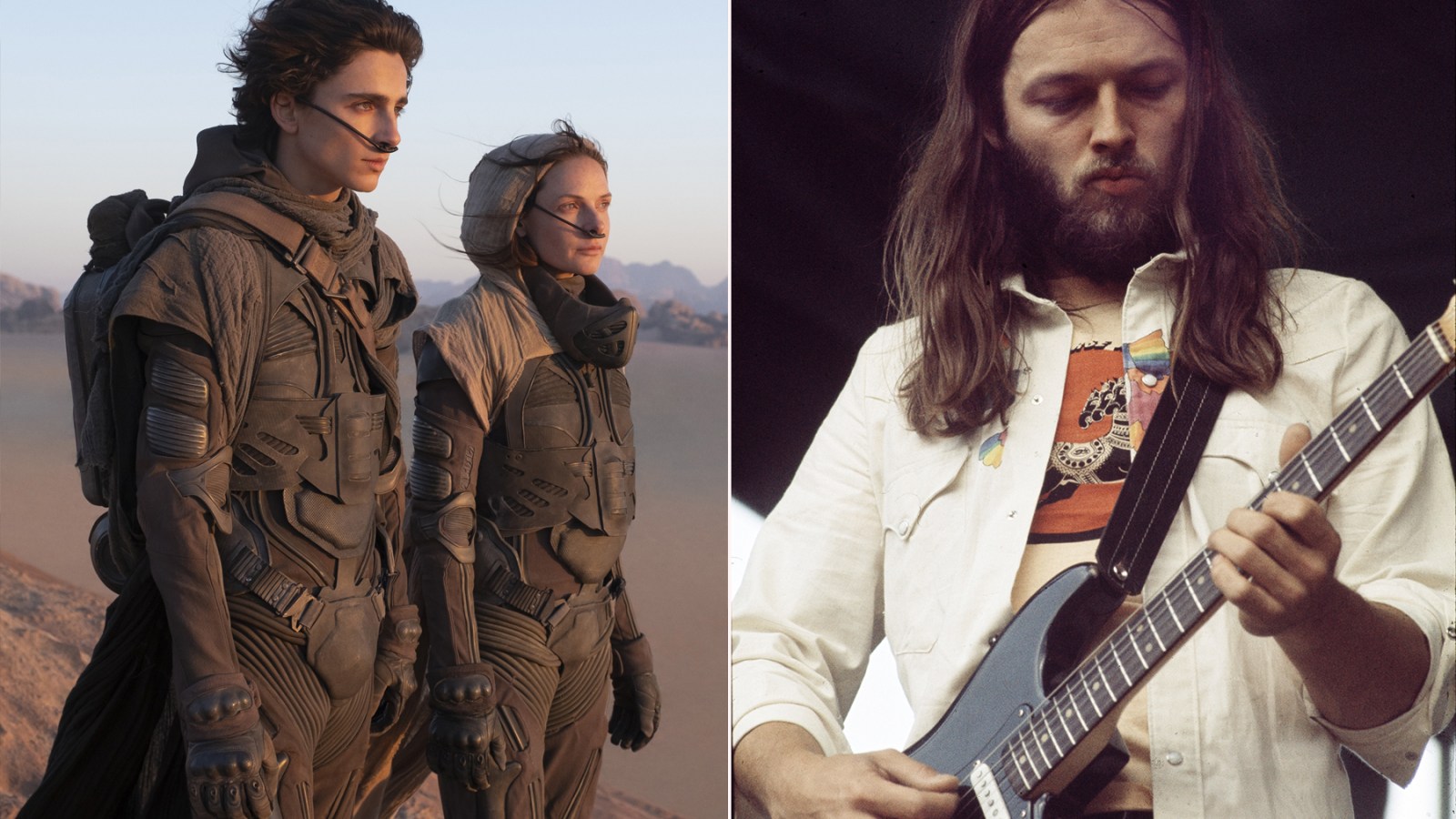
www.rollingstone.com









